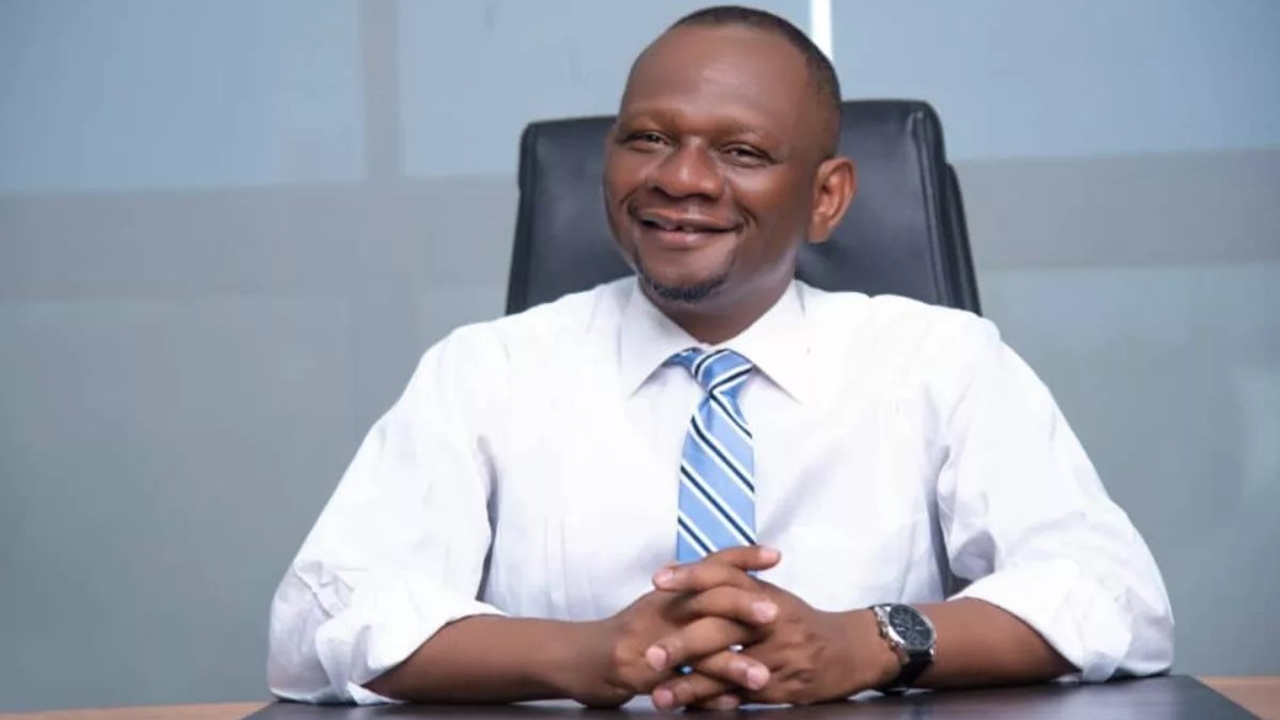
• Nigeria Donates 1,000 Doses Of Mpox Vaccine To Rwanda
The Federal Government has initiated a new immunisation strategy tagged ‘Identify, Enumerate and Vaccinate (IEV)’ to enable it track and vaccinate chronically missed children.
Under this strategy, vaccinators will go to the homes of the missed children, document them by writing down their names, that of their parents, and then follow up by tracking and vaccinating them.
Meanwhile, Nigeria has donated 1,000 out of the 10,000 doses of the Mpox vaccine received from the United States to Rwanda due to the situation of the outbreak in that country and the lack of access to the vaccines.
Executive Director of the National Primary Healthcare Development Agency (NPHCDA), Dr. Muyi Aina, who disclosed this at a press conference to mark the 2024 World Polio Day in Abuja, said the agency has commenced IEV in 109 very high-risk wards to improve quality of polio campaigns, and “has digitally enumerated 907,329 children under five years, out of which we have tracked and vaccinated 793,075 children.”
He noted that earlier this year, the NPHCDA assessed the polio programme and realised that though the country is doing large-scale campaigns, it is missing the same children repeatedly.
Aina, who stated that the agency has reached 67 per cent of previously unreached children across 14 states, added: “Although we are not yet where would like to be in our cVPV2 eradication efforts, but with our various initiatives, including rolling out an accountability framework for all actors in the PEI space, we are very optimistic that our cVPV2 cases will continue to reduce till we reach that zero point.”
Aina noted that the agency has scheduled synchronised polio outbreak campaigns with Niger Republic and Chad in November with the aim of reaching eligible children across 20 states.
In his remarks, the Country Representative of the World Health Organisation (WHO), Dr. Walter Mulombo, stated that billions of children have been protected with lifesaving immunisations, adding that more than 20 million people are walking who would otherwise have been paralysed by this dreadful disease.
Mulombo noted that unprecedented progress has been made towards the promise of a polio-free world as five of the six WHO regions including AFRO are free from wild poliovirus.
He observed that Nigeria has witnessed over 38 per cent decrease in circulating variant polio virus type 2 cases between 2023 and 2024, signifying the great efforts by the government and partners to interrupt cVPV2 outbreak.
Mulombo noted that the only reason polio virus thrives is the inability to vaccinate the remaining unvaccinated and under-vaccinated children in the communities, calling for greater community commitment to ensure that children get vaccinated.
He said: “The work of the polio programme is now concentrated in some of the most complicated and fragile settings. Challenges to reaching all children with vaccines are serious, ranging from persistent violence, concealment, refusals to climate emergencies. The transmission of polio in conflict-affected areas in Gaza, Sudan and Yemen is a stark reminder that where conflict debilitates health and sanitation systems, polio will inevitably appear unless we eradicate all forms of the virus.
The widespread of cVPV2 globally reiterates the reality that as long as polio exists anywhere, all countries will remain at risk. That is why this year’s World Polio Day is perhaps an opportunity not just to celebrate progress but indeed to re-garner support and commitment at all levels to finish the job once and for all.”
On his part, Health Manager for Immunisation at the United Nations Children’s Fund (UNICEF), Dr. Shaikh Kabir, stressed the need to strengthen routine immunisation through a holistic approach to eradicate polio and other preventable diseases in Nigeria.
He lamented that Nigeria currently has the highest number of children that have not received their routine vaccination, with the number standing at 2.2 million, adding that there is an urgent need to revitalise childhood immunisation efforts.
“Every child must receive a polio vaccine along with all necessary routine immunisation. This is the only path to achieving a world free Nigeria and a healthy Africa”.






